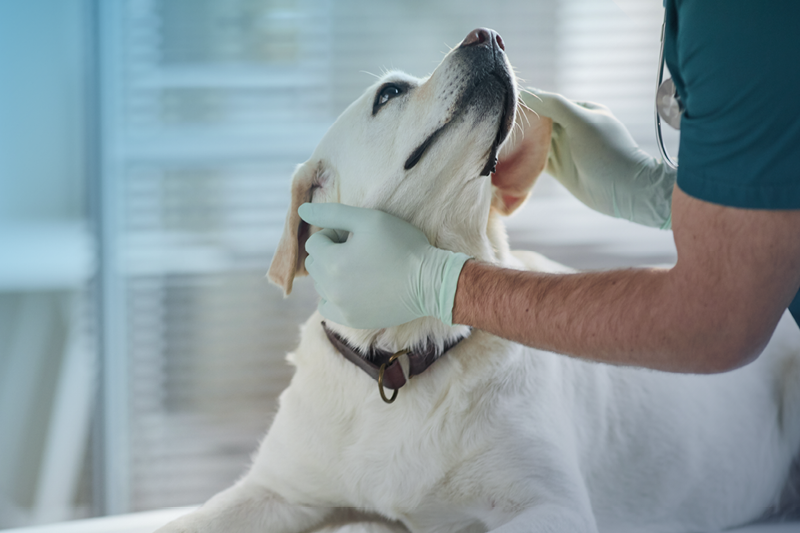
27 Mar The Rise of False Self-Employment in the Veterinary Sector
In recent years, there’s been a shift in the veterinary sector, with more professionals opting for self-employed status as sole traders. This trend mirrors an increasing number of sectors and professions and can have both benefits and challenges.
This trend highlights a desire for more autonomy and flexibility in the veterinary profession. However, it also brings potential risks of false self-employment, with people registering as self-employed while working under the conditions of traditional employment.
This distinction is crucial, especially in light of legislation combating false self-employment – such as the Supervision, Direction, or Control (SDC) rules. Understanding these risks is essential for maintaining compliance and ensuring fair employment practices.
What’s the Definition of False Self-Employment?
False self-employment is when someone is registered as self-employed for tax and employment purposes, but lacks the autonomy or control that genuine self-employment offers.
This misclassification can have significant legal and financial implications for the individual and the employing company. And regulative bodies are increasingly scrutinising this grey area to protect workers’ rights and ensure fair play.
False Self-Employment Legislation
Legislation such as the SDC rules specifically targets false self-employment by setting criteria differentiating genuine self-employment from disguised employment relationships.
These regulations safeguard workers’ rights, helping them receive the appropriate protections and benefits associated with employment – such as holiday pay and pension contributions – which they would otherwise miss out on as falsely self-employed.
Three Red Flags for False Self-Employment
Recognising the signs of false self-employment is essential to ensuring everyone is treated fairly and mitigating potential legal and financial consequences. Three major red flags are:
- A company exerting excessive control over how, when, and where work is done.
- A lack of genuine autonomy and control over the worker’s career
- The worker cannot take on other clients or delegate work
How can Veterinary practices Ensure Compliance?
Companies must understand legislation and take steps to review and adjust working arrangements as needed to remain compliant. And compliance strategies should include clear contracts that accurately reflect the nature of the employment relationship.
It’s also vital to provide training for both management and workers on employment status and rights and regularly review working practices to ensure they align with legal standards.
Supporting Genuine Self-Employment
While addressing the risks of false self-employment, it’s essential to recognise the benefits that genuine self-employment can offer veterinary professionals – such as autonomy, flexibility, and the potential for entrepreneurship.
However, professionals pursuing this path must understand legal obligations, accurately report income for tax purposes, and ensure that working arrangements genuinely reflect self-employed status.
The future of Self-Employment in the Veterinary Sector
The growing trend of self-employment among veterinary professionals requires vigilance to prevent the risks of false self-employment. Both employers and self-employed individuals have a role to play in upholding fair employment practices.
By staying informed about legislation like the SDC rules and taking proactive steps to ensure compliance, the veterinary sector can protect the interests of workers and employers. Encouraging ongoing awareness and responsible practices is key to addressing this issue effectively, ensuring that the move towards self-employment benefits all parties involved.
For more information and advice contact i4.


